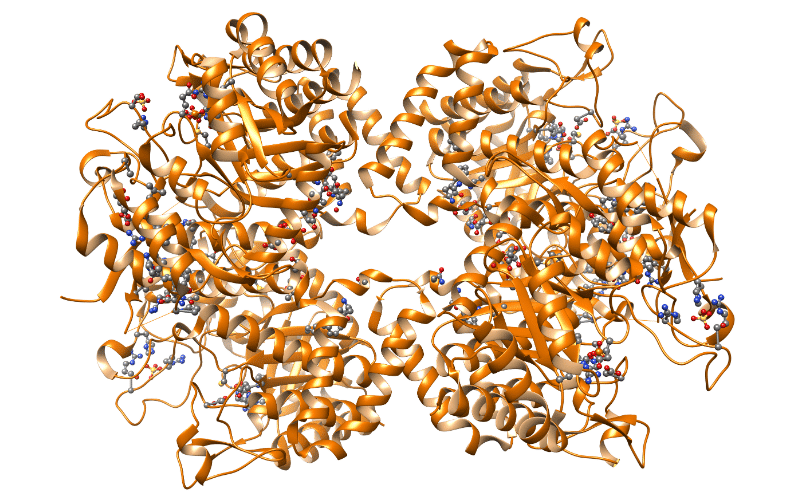Cause 4: The Progranulin Deficit: A Missing Piece in the FTD Puzzle

Progranulin, a protein aiding cell growth and survival, holds a pivotal place in the cellular world. In the context of FTD, Progranulin gains an even more significant role, often serving as a missing piece in the puzzle of disease development.
A reduced level of Progranulin, due to mutations in the GRN gene, has been associated with FTD. Without adequate Progranulin, neurons become vulnerable, ultimately leading to degeneration and the development of the disease. This particular variant of FTD, termed GRN-related FTD, is marked by significant brain atrophy, mainly affecting the frontal and temporal lobes.
This Progranulin-deficiency path to FTD reveals a different facet of the disease, one that hinges on the lack of a protein rather than the presence of a harmful one. The absence of Progranulin disrupts the cellular environment, indicating how the presence or absence of a single protein can influence the fate of our neurons. (4)